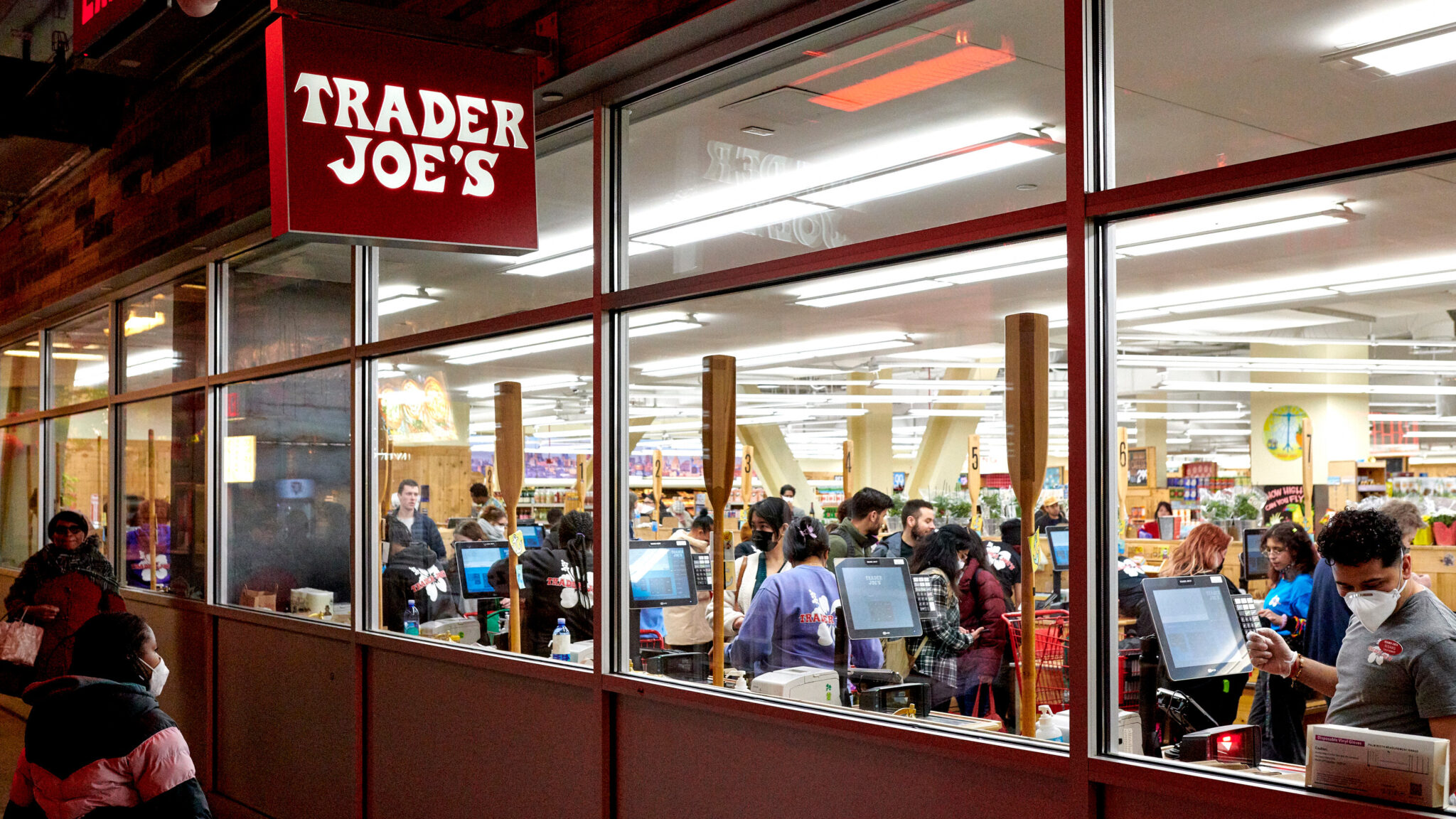Jacqueline Rayfield is a student at Harvard Law School.
In today’s News and Commentary, Oahu nurses file an unfair labor practice complaint, New York Times union files a cease-and-desist over a return to in-person work policy, and Trader Joe’s union files charge under the new Cemex decision.
The Hawaii Nurses Association files a ULP against the Oahu Care Facility, a nursing home on the island, based on a unilateral change to the facility’s medical insurance plan. The move by nurses comes after months of bargaining and a seven-day strike since their contract expired in February. The union recently voted to ratify an agreement which would raise wages by over 20%. However, the union warns that this insurance change by the facility could “set back [their] ability to move forward.”
The New York Times’ unions, including the New York Times Guild and the Times Tech Guild, have sent a cease-and-desist letter to management of the newspaper over a new return-to-office policy. Management announced that they would begin monitoring badge swipes when employees enter and leave the office building in order to track attendance. The New York Times Guild argues that this new form of surveillance violates their collective bargaining agreement with the paper, while the Times Tech Guild argues that this violates the status quo period. The NLRB General Counsel Jennifer Abruzzo showed increased concern about similar electronic surveillance practices in a letter last October.
Trader Joe’s United asked the NLRB on Monday to require the employer to recognize and bargain with a unit in Manhattan based on a recent ruling in Cemex. The decision in Cemex requires employers who commit unfair labor practices that would necessitate setting aside an election to automatically recognize and bargain with the union. This request from Trader Joe’s United is among the first to utilize this new policy after alleging ULPs by Trader Joe’s in April.






Daily News & Commentary
Start your day with our roundup of the latest labor developments. See all
February 24
In today’s news and commentary, the NLRB uses the Obama-era Browning-Ferris standard, a fired National Park ranger sues the Department of Interior and the National Park Service, the NLRB closes out Amazon’s labor dispute on Staten Island, and OIRA signals changes to the Biden-era independent contractor rule. The NLRB ruled that Browning-Ferris Industries jointly employed […]
February 23
In today’s news and commentary, the Trump administration proposes a rule limiting employment authorization for asylum seekers and Matt Bruenig introduces a new LLM tool analyzing employer rules under Stericycle. Law360 reports that the Trump administration proposed a rule on Friday that would change the employment authorization process for asylum seekers. Under the proposed rule, […]
February 22
A petition for certiorari in Bivens v. Zep, New York nurses end their historic six-week-strike, and Professor Block argues for just cause protections in New York City.
February 20
An analysis of the Board's decisions since regaining a quorum; 5th Circuit dissent criticizes Wright Line, Thryv.
February 19
Union membership increases slightly; Washington farmworker bill fails to make it out of committee; and unions in Argentina are on strike protesting President Milei’s labor reform bill.
February 18
A ruling against forced labor in CO prisons; business coalition lacks standing to challenge captive audience ban; labor unions to participate in rent strike in MN